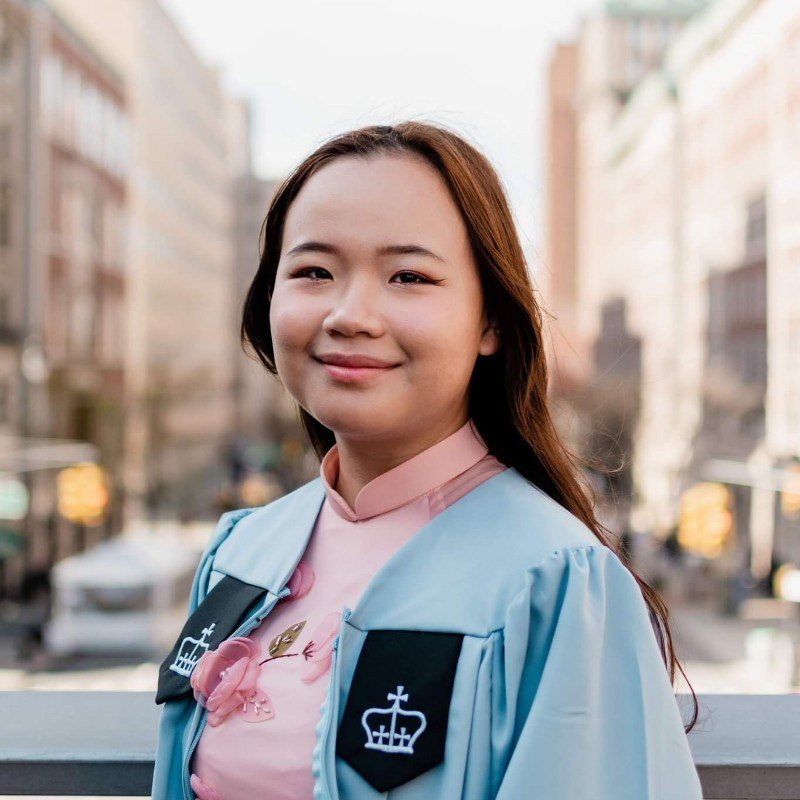Uncharted Waters: Rethinking Museums
Museums serve as critical cultural touchstones of each society, and are often central to a community's sense of self. Given the complicated nature of the colonial legacies that linger in Southeast Asia, the issue of the reformation of museums - and their decoupling from Western influence - remains highly salient.
This panel explored how museums can be remoulded to better reflect the communities they are a part of, and that they emerged from.
Museums are moving away from didacticism (dictating information) [towards being] spaces that invite discussion and pose questions to viewers (interacting with information)
Professor
Proschan
Museums have always been under the jurisdiction of elites – there has always been a top-down approach to representing the past… indigenous communities must have a more authoritative role in how they are represented.
Professor Paredes
There is a need to "empower more indigenous minority curators to stand up and give voice to their culture, to legitimize their traditions and their knowledge
Ms Le
The idea of a "living museum where people can interact with the practices and objects of groups [who are represented in museums]” is one that should be further explored.
Professor Jesdapipat
Panelists
Prof. Oona Paredes
Ethnohistorian, anthropologist, and an Assistant Professor in the Department of Asian Languages & Culture at UCLA specializing in the archival and ethnographic study of the Philippines’s indigenous non-Muslim minorities collectively known as the Lumad
Prof. Frank Proschan
Anthropologist, folklorist, and curator at the Smithsonian Institution and has been involved with research on ethnology, museums, languages, and folklore with colleagues in Cambodia, Laos, Vietnam, and Thailand since the 1980s
Celia (Anh Thó) Bùi Lê
Artist and advocate who recently graduated from Columbia University; passionate about protecting endangered languages and advancing indigenous justice through fieldwork, grassroots organizing, and legislative advocacy
Prof. Sitanon Jesdapipat
Climate change policy specialist and Associate Professor at the Faculty of Economics, and the Director of Research Center for Economic Reform at Rangsit University in Thailand
YOU MAY ALSO LIKE:
SINK OR SWIM: SOUTHEAST ASIA’S GREEN TRANSITION
THE DIGITAL WAVE: SOUTHEAST ASIA'S DIGITAL DECADE
TROUBLED WATERS: CHALLENGES IN SE ASIA HYDROPOLITICS
RIPPLE EFFECTS: SOUTHEAST ASIAN FILMS









